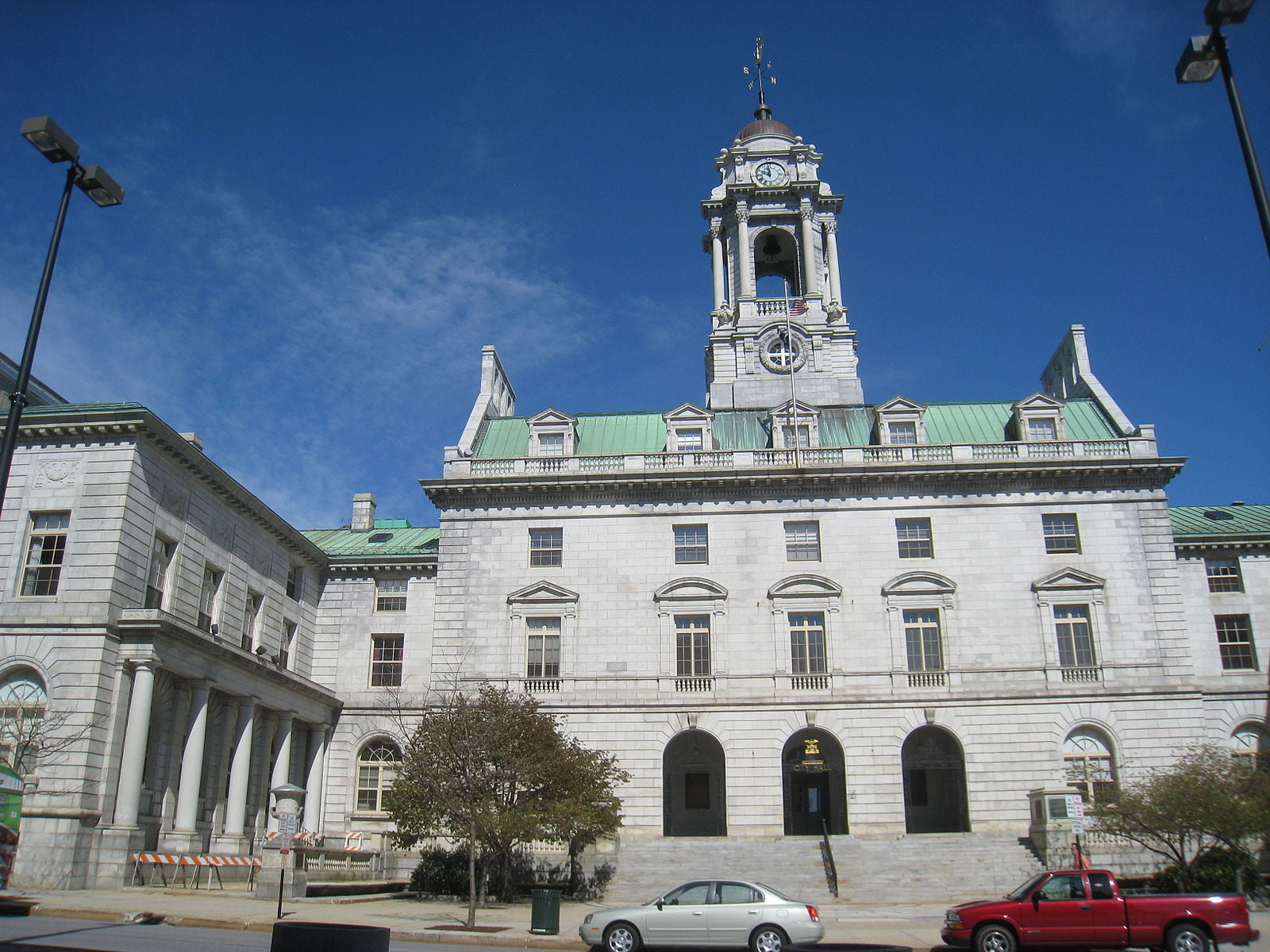If you haven’t been paying close attention lately to the Portland Charter Commission’s work, now is the time to tune in. Several weeks ago, two proposals for a new power structure in City Hall were passed out of the Governance Committee for the full Commission to discuss. Amendments to those proposals have now been introduced and coalitions formed around certain objectives, with individual Commissioners set to propose new amendments on Wednesday, March 9 at 6 PM when they meet again to hammer out a final (or almost final) draft. Public comment will be heard at this meeting, and it may be the last opportunity for community members to make their voices heard on this issue until the Commission’s recommendations go to the voters for approval. Reworking the structure of Portland’s government is arguably the most important and controversial task the Commission has before it, and they’ve pulled out all the stops to do their due diligence on the topic. Political scientists, historians, government consultants from around the country, city Managers, former Portland mayors, and even a DC lobbyist group angling to keep Portland under professional managerial control, have all been invited to offer their expert opinion on the issue. It should come as no surprise that the take-away message from all of this is there is no “right” answer to the question of what form of government works best. Manger/Council… Mayor/Council… weak mayor… strong mayor… no mayor… all have their pros and cons. What will work best for Portland is something we can only guess at based on past experience and by taking the political temperature of the times. Ultimately, we won’t know for sure until we try a new form of government out, which might be as good a reason as any to make the convening of a Charter Commission a regular occurrence, at least every ten years.

Portland Charter Commissioners take oath of office. June 28, 2021.
Portland currently has a single branch of government: a City Council with a weak Mayor that functions more as a Council Chair than a true Executive, having no real authority over the implementation of policy, since the day-to-day operations of the city are overseen by a City Manager who does not report to the Mayor. The Manager’s performance is supposed to be overseen by the Council, an unwieldy way of holding anyone accountable to begin with, and some would say purposely so. Supervising by committee is difficult and inefficient, but in a city like Portland, where civility is prized over pretty much everything, no one wants to rock the boat, and least of all when that boat is in rough seas, taking on water, and everyone is so busy bailing they don’t have time to pay attention to much else. Proponents of the City Manager form of government claim that it is apolitical because managers are “professionals,” but as socialists we know that professionalization comes straight from the capitalist play book. City managers are often the former CEOs of private companies. They think like business people, and they run cities like businesses, not communities. This may be good for the bottom line, but it’s not great for organizing resources around the needs of people, rather than the demands of capital. In short, the professionalization of city government through the installation of a City Manager is, in itself, a political act and should be openly debated as such. The Commission seems to have reached a loose consensus around moving to a two-branch structure, with a City Council to do the work of writing policy and running boards and committees, and a separate executive branch headed by an elected Mayor to implement policy and oversee City Departments, including oversight of a City Administrator to handle the “professional” stuff. This is a positive step for the people. The checks and balances between those two branches, and how much power the elected Mayor will have is now where the focus of the discussion lies. An Executive Mayor needs the power and authority to lead effectively. And a Council should have their own autonomy and sphere of influence free from a Mayor meddling in their work. Separation of powers is critical to a two-branch system, but so are adequate checks on both branches, so that neither branch can make unilateral decisions and run away with the show. Giving the Mayor veto power is a common method of checking the power of the Council. Giving the Council the ability to override the Mayor’s veto with a two-thirds majority vote forces both branches to work together to reach a compromise. There are currently some questionable ideas on the table for checking the Mayor’s power, such as the ability of the Council to impeach the Mayor, with or without a vote of the people. Other suggestions, such the Mayor and Council jointly hiring and firing Department Heads seems like another version of supervision by committee that could cause significant administrative gridlock, rendering the Mayor’s executive power functionally impotent. This is where Wednesday’s debate will undoubtedly take a partisan turn. It’s no secret that conservatives want less government. Less government means lower taxes, which translates to wealth inequality, as the haves keep more, and the have-nots get fewer services to build a stable foothold. Less government means fewer restraints on business to exploit labor, pollute the environment, and siphon off the commons for private gain. Economist Grover Norquist, who was the Chief Speechwriter for the U.S. Chamber of Commerce in the early 80s famously stated that government should be small enough to drown in a bathtub. While small government may be the Republican and Chamber of Commerce’s aim, a dysfunctional government will do in a pinch. A hamstrung Executive Mayor can’t move fast or decisively enough to address the truly urgent issues facing Portland: seawater inundation caused by climate change that threatens public safety as well as property values, racialized police violence, overdose deaths, homelessness that kills 40-60 people every year on Portland’s streets, disinvestment in public health, and the list goes on… At the last meeting of the full Commission, District 2 Commissioner Robert O’Brien asked a telling question. He wondered aloud what on earth an Executive Mayor would do all day to justify their salary if they had a City Administrator working below them to oversee the daily operations of the city? His question reveals how much more focused some members of the Commission are on tying an Executive Mayor up in red tape than on envisioning the important work that needs to be done to organize with other municipalities and pressure the state on the issues that face us, and could be done effectively, if we had a Mayor who was empowered to do it.




